KYIV. Sept 15 (Interfax-Ukraine) – Approximately 11 million people across Ukraine today have problems with access to water, sanitation and hygiene services, Spokesperson for the UN Office for the Coordination of Humanitarian Affairs (OCHA) in Ukraine Saviano Abreu has said.
“The overall access to water in Ukraine has been impacted since February last year. It’s not something new. The number of people that were served by the Kakhovka reservoir is 700,000 people. These people are at risk. Some already don’t have water. But overall, 11 million people more or less in the whole country now have challenges to access water, sanitation and hygiene services. It is a huge figure, a huge problem,” Abreu said in an exclusive interview with Interfax-Ukraine.
He said the destruction of Kakhovka hydroelectric power plant’s dam led to a significant increase in the needs of people living in the territories affected by the disaster.
However, according to UN, their access to the left bank of the Dnieper River is still almost impossible. “During the first days after the destruction we did have contact on the other side, we contacted communities and we got a bit of sense of the levels of needs. But we cannot go and verify, we cannot see the situation. And worse, we could not cross and help them. And the level of attacks in Kherson city only increased after November, it’s getting worse and worse. We don’t think that on the other side of the river the situation would be any different.to grow. We do not believe that the situation on the other side of the Dnieper River may be different,” Abreu said.
Asked whether the UN continued to request access to send teams to the left bank, the spokesperson said their “negotiations have never stopped since the 24th of February.” “We do send notifications to the Russian Federation regularly, we have had negotiations in many different levels, in the highest levels, but the breakthroughs of these negotiations, as we all know, are not at the level that we would have expected,” he said.
At the same time, the OCHA said after the destruction of Kakhovka HPP dam, they “started our support to people impacted from day one.”
“On the second day of the disaster, we sent a team with 11 UN staff to Kherson. On the 8th of June we had a meeting with the Kherson governor to see what else would be needed. On the 9th I went myself with the humanitarian coordinator, Denise Brown, with a group of around 20 staff from the UN to ensure that we could scale up the assistance that was taking place. Around 200,000 people were supported during June in the areas that were impacted by flooding (Kherson, Mykolaiv, Zaporizhia and Dnipropetrovsk regions,” the UN said.
